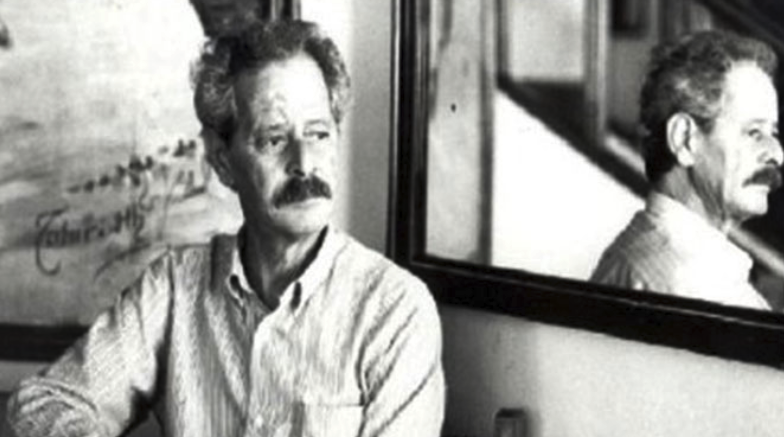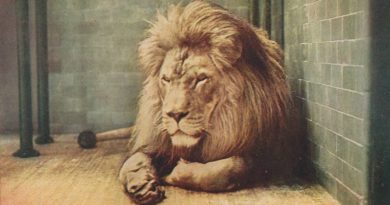The book once banned in Morocco
In Morocco and across the Maghreb, social and political taboos are hard to cross. Anyone who dares to try faces the wrath of society as well as the government. Yet one writer, Mohamed Choukri, has done just that, got his book banned, but eventually got away with it. He is now regarded as one of the great writers to have ever emerged from Morocco.
The book has become a classic in Arabic literature and has been translated into over 30 languages. It is widely considered one of Choukri’s most powerful and important works.
“When I arrived, there were two Tanger : the colonialist and international Tanger and the Arabic Tanger, made of misery and ignorance. At these times, to eat, I combed the garbages. The European ones preferably, because there were richer.”
Mohamed Choukri
From illiteracy to First novel
Mohamed Choukri was born in 1935 in Beni Chiker, a small village located in the Rif mountains near Nador. Raised in poverty, he fled from his authoritarian father as a child and lived as a homeless youth in the destitute neighborhoods of Tangier, surrounded by deprivation, prostitution, violence, and drug addiction. At the age of 20, he resolved to learn how to read and write and pursue a career as a schoolteacher. In the 1960s, in cosmopolitan Tangier, he crossed paths with Paul Bowles, Jean Genet, and Tennessee Williams.
Choukri’s debut writing was featured in the Beirut-based monthly publication Al-adab in 1966. The novel, titled “Violence on the Beach,” was succeeded by the autobiographical trilogy, commencing with For Bread Alone.
“I saw that writing could also be a way to expose, to protest against those who have stolen my childhood, my teenagehood and a piece of my youthfulness. At that moment, my writing became committed.”
Mohamed Choukri
For Bread Alone ban and censorship
For Bread Alone, one of Mohamed Choukri’s most renowned works, is an autobiographical novel that Tennessee Williams praised as “A true document of human desperation, shattering in its impact.” The novel depicts the life of a young man’s struggle for survival in Morocco.
Choukri’s upbringing in the Rif Mountains, marked by poverty, drought, and hunger, forced his family to relocate to Tangier, where they encountered new difficulties. Choukri’s siblings passed away due to neglect, starvation, and abuse, while he himself survived through begging, petty theft, prostitution, smuggling, and intermittent employment, all while indulging in sex, drugs, and alcohol.
However, For Bread Alone is not solely a narrative of despair and hopelessness. It also reveals the story of Choukri’s resilience, determination, and hope.
Although the book was written in classical Arabic, it was translated into colloquial Moroccan with the assistance of the author, capturing the unique flavor and character of Moroccan Arabic and increasing its accessibility to a broader audience.
Due to the explicit sexual content of the book, it was banned in Choukri’s home country. Interior Minister Driss Basri issued the ban in 1983, which continued until 2000, after King Hassan II’s death.
“There’s, in the Moroccan society, a more conservative faction. Those people judge my works as depraved. In my books, there’s nothing against the regime. I don’t talk about politics or religion. But, what annoy the conservatives, is to notice I criticize my father. The father is sacred in the Arabic-Muslim society.”
Mohamed Choukri
Legacy
Mohamed Choukri’s writing has garnered acclaim for its candidness and genuineness. His works stem from his own profound personal experiences and are grounded in the realities of life in Morocco. For Bread Alone vividly portrays the Moroccan underclass, a realm that literature frequently disregards or overlooks.
Choukri’s life and literary contributions have left an indelible impression on Arabic literature and culture. Although he passed away in 2003, his legacy endures through his writing. For Bread Alone is a potent reminder of the human spirit’s tenacity and the significance of education and self-improvement in the face of hardship.



